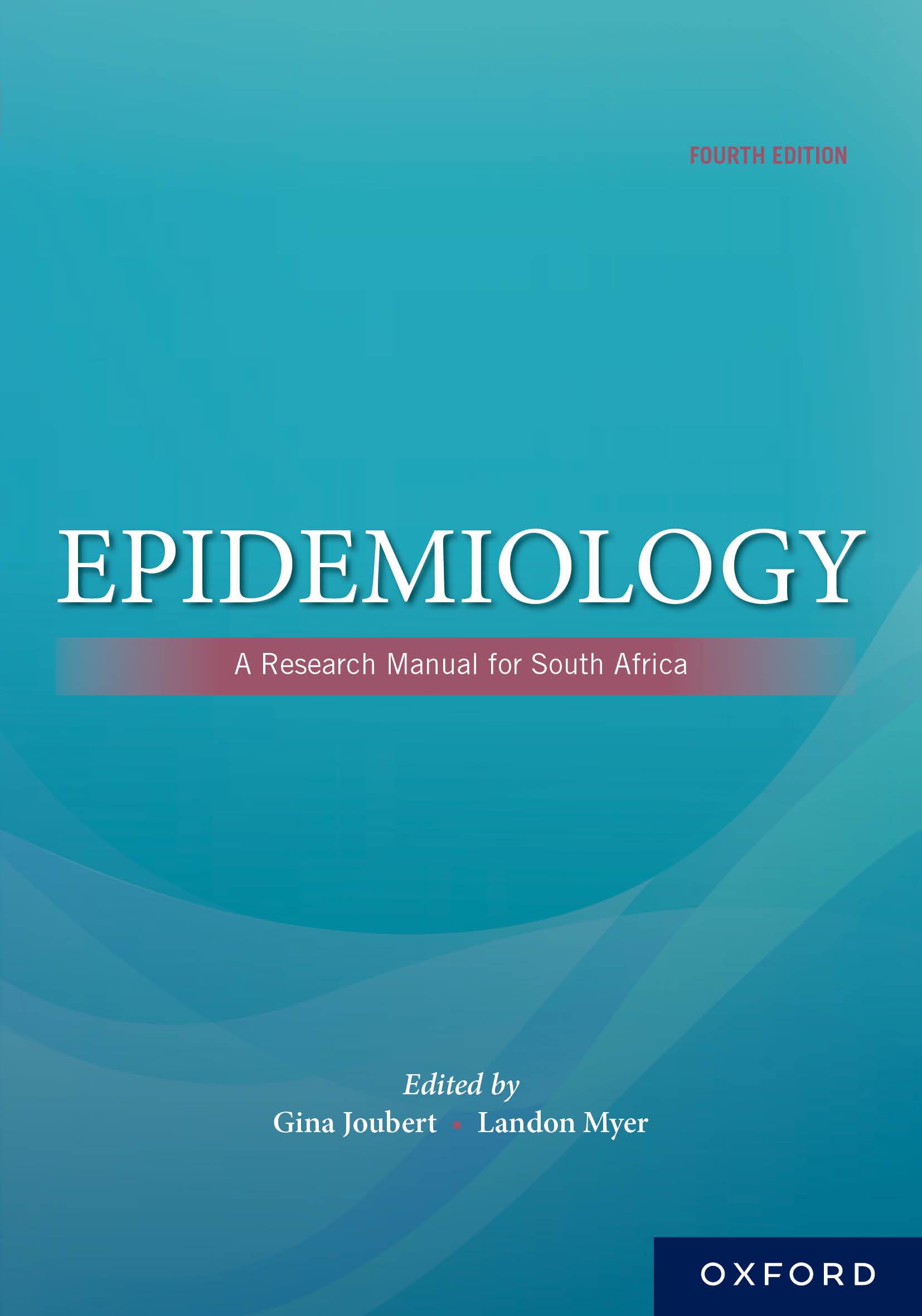
-
R 699.00
- ADD TO CART ({{state.cart.quantity}})
- IN STOCK
- Download Catalogue

Epidemiology: A Research Manual for South Africa offers an applied introduction to epidemiological research methods, for students of various health science disciplines who are required to conduct or reference epidemiological research. Directed at readers who are new to epidemiological theory and practice, the text explains fundamental concepts and methods in a manner that is clear and accessible. The text offers a step-by-step guide to the development of a research protocol and the application of epidemiological methods, and addresses specific content areas and methodologies that are important in contemporary epidemiological research. Examples focus on the
South African setting, highlighting regional conditions, diseases and health services.

The specification in this catalogue, including without limitation price, format, extent, number of illustrations, and month of publication, was as accurate as possible at the time the catalogue was compiled. Due to contractual restrictions, we reserve the right not to supply certain territories.